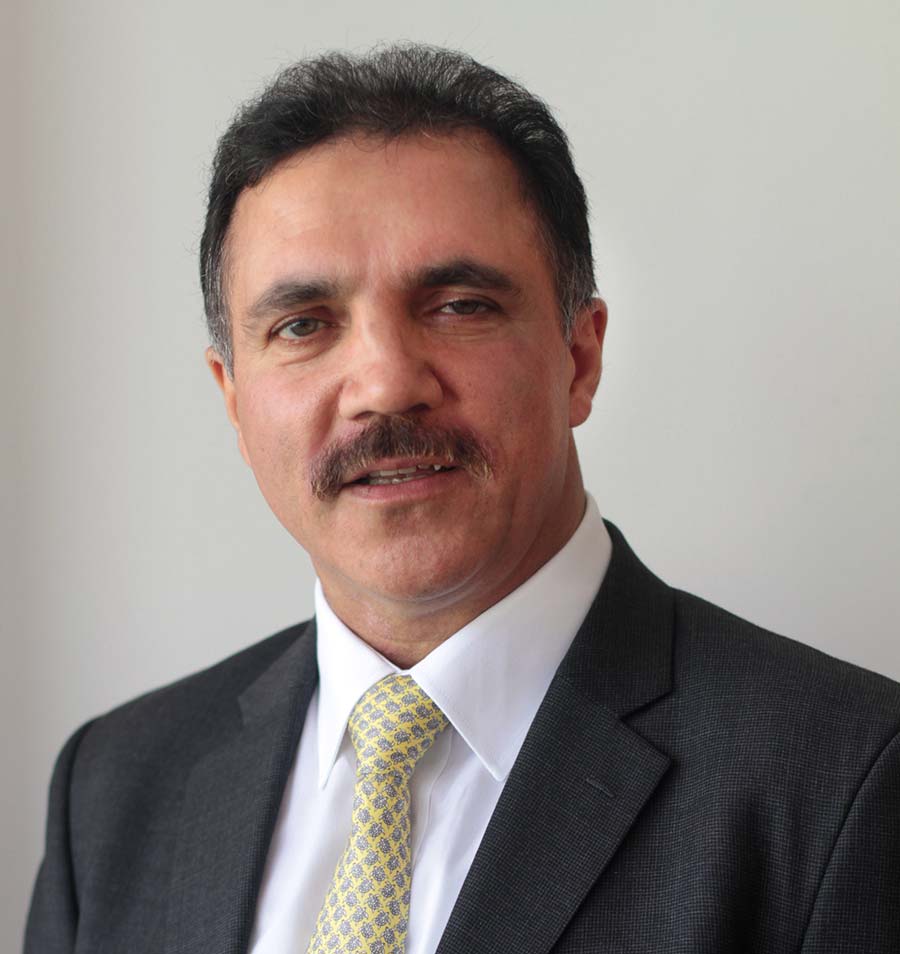In a first of its kind in Kashmir, the Chief Information Commissioner (CIC) J&K, Ghulam Rasool Sofi has reprimanded the police for failing to collect and provide information under Right to Information Act (RTI) to noted human rights activist Khurram Parvez, regarding prosecution of police personnel in the state since 1990.
Disposing off a second appeal filed by Parvez contesting the First Appellant Authority’s (FAA) decision that the appellant should approach designated Public Information Officers at different administrative units himself, the CIC directed the police to collect information about prosecutions and furnish it within stipulated time period.

However, during the hearing the representative of police headquarters who are also the representatives of FAA, resisted giving names of the accused persons citing the safety and the security of these personnel. “The commission is of the considered opinion that provisions of section 8(1)(a), which forbids disclosure of such information which is threat to security and sovereignty of State is not applicable here,” said Sofi, while overruling the FAA orders. Sofi held that FAA should have directed the field formations to provide the information to the appellant after collecting it on its own.
In January this year, Parvez had sought information through an RTI regarding the number and details of prosecutions against the police personnel in J&K between 1990 and 2011.
Parvez also sought date wise list of all the encounters which took place during the period including the list of FIRs registered against these encounters and name of Army, Police, SSB, ITBP units involved in the encounters. He had also sought the results of the prosecutions including the quantum of punishment ordered; charges framed against the accused and their FIR numbers. However, the information was denied under section 8 (1) (a) of the RTI Act.
Parvez then filed first appeal before appellant authority at Police headquarters but was again denied the information citing section 8(1) (a) of the Act.
The SIC in its order said that a militant attack itself is an attempt and attack on the national security and if the details are brought out to the public, such transparency will strengthen the security and sovereignty of the country. There is no denying the fact that since 1989 after every encounter police and security agencies would come up with the press releases and press conferences. The FIRs are regularly filed when an encounter takes place. Therefore it would be futile exercise if any attempt is made not to disclose such information to the public.
However CIC directed to hold the names of the accused saying that the appellant is also not insisting on being provided with the personal data disclosing individual names.















